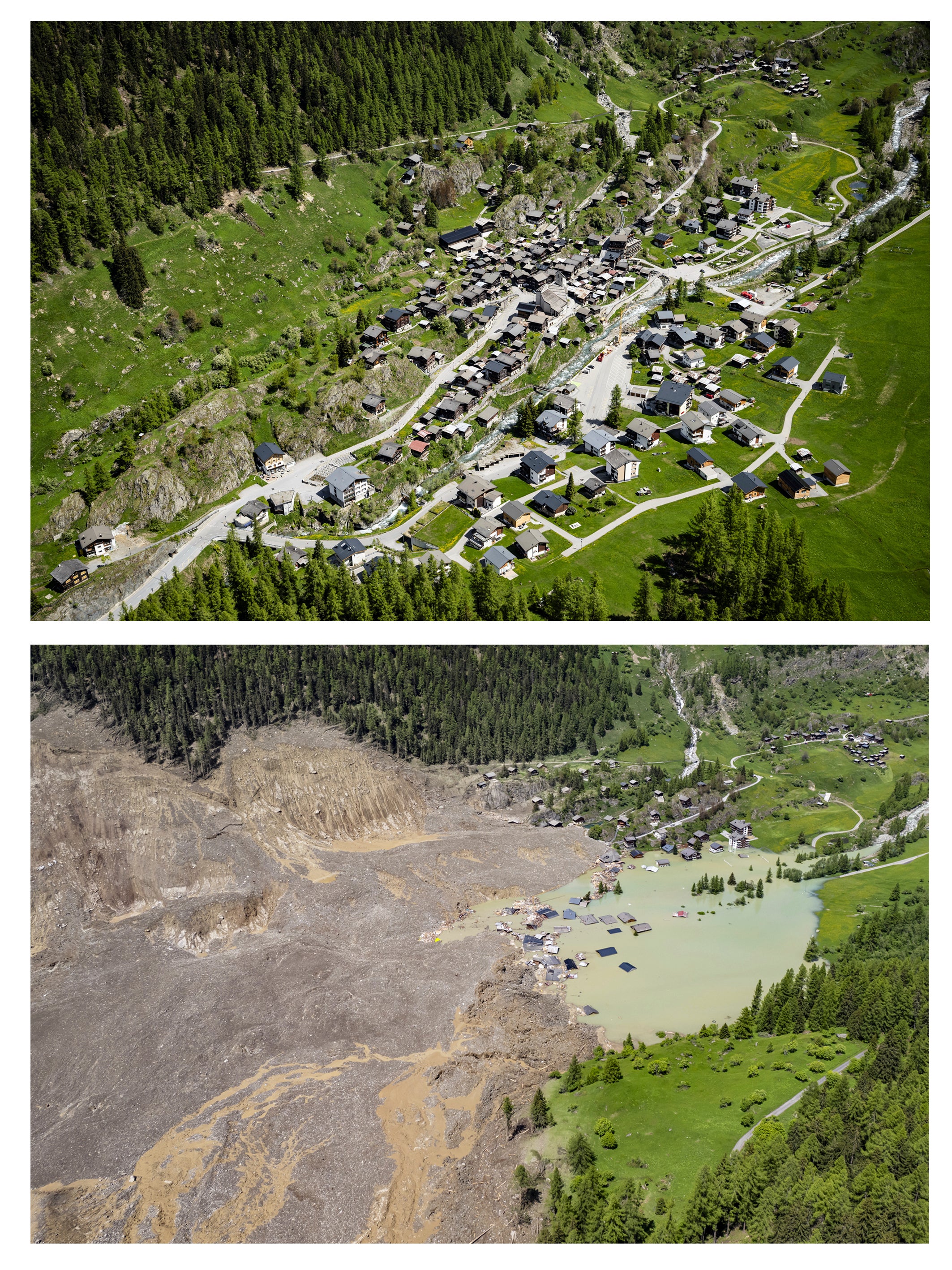Glaciers will continue melting for centuries even if global temperatures stabilise immediately, according to a new study.
About 40 per cent of the world's glacier mass is already set to disappear due to past greenhouse gas emissions. The ongoing loss not only contributes to sea-level rise but also threatens freshwater supplies and increases the risk of natural hazards in mountainous regions.
The study, conducted by an international team of researchers and published in Science, utilised eight glacier models to project the long-term evolution of over 200,000 glaciers outside of the Greenland and Antarctic ice sheets.
It found that even if global warming was limited to 1.5C above pre-industrial levels – the target set by the Paris Agreement – only about half of the current glacier mass could be preserved.
Under current climate policies, which could lead to a 2.7C rise, up to 75 per cent of glacier mass could be lost.
“Our study makes it painfully clear that every fraction of a degree matters," said Dr Harry Zekollari of the Vrije Universiteit Brussel, co-lead author of the study. “The choices we make today will resonate for centuries, determining how much of our glaciers can be preserved."
The study was released barely days after a catastrophic glacier collapse in the Swiss Alps destroyed the village of Blatten.
Nearly nine million tonnes of rock and ice from the Birch glacier cascaded down into the valley, burying 90 per cent of the village. The 300 residents had been evacuated due to a warning about the glacier's instability, though one person was still missing.
Experts attributed the collapse to the destabilisation of permafrost – a layer of permanently frozen ground – that had been weakened by rising temperatures.

The destruction of Blatten underscores the growing risk faced by communities in glaciated regions. Beyond the immediate danger of landslides and floods, the long-term retreat of glaciers threatens water security for billions of people who rely on glacial meltwater for drinking, agriculture and hydropower.
Additionally, the loss of glaciers impacts ecosystems and cultural heritage sites, many of which are intimately connected to these icy landscapes.
“Glaciers are really symbolic of climate change," said Dr Zekollari. "Their retreat is a visible indicator of the warming planet, and their loss will have profound implications for both nature and human societies."
As the planet continues to warm, scientists emphasise the urgency of reducing greenhouse gas emissions to mitigate further glacier loss. While some degree of melting is now unavoidable, limiting global temperature rise can still preserve a significant portion of the world's glaciers and the vital services they provide.
"We have time to alter the climate," Dr Mauri Pelto, a glaciologist at Nichols College who was not involved in the study, said. "We have time to preserve those glaciers."







